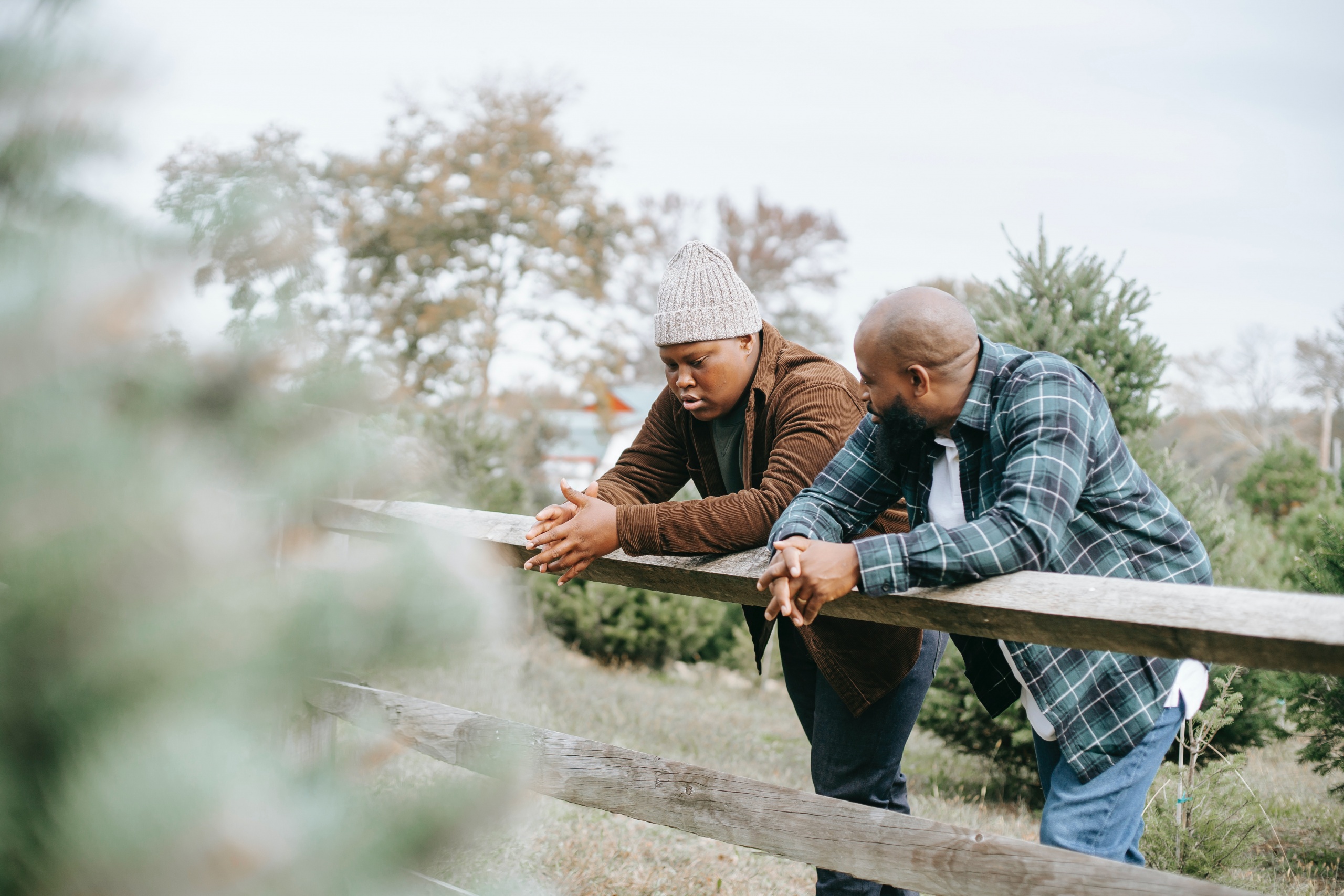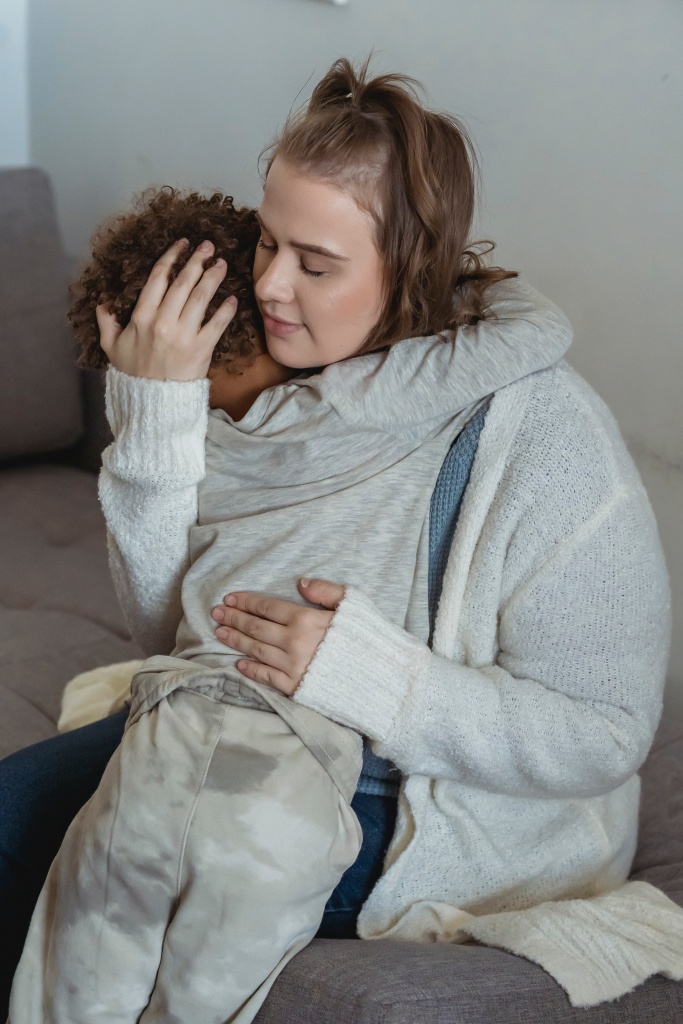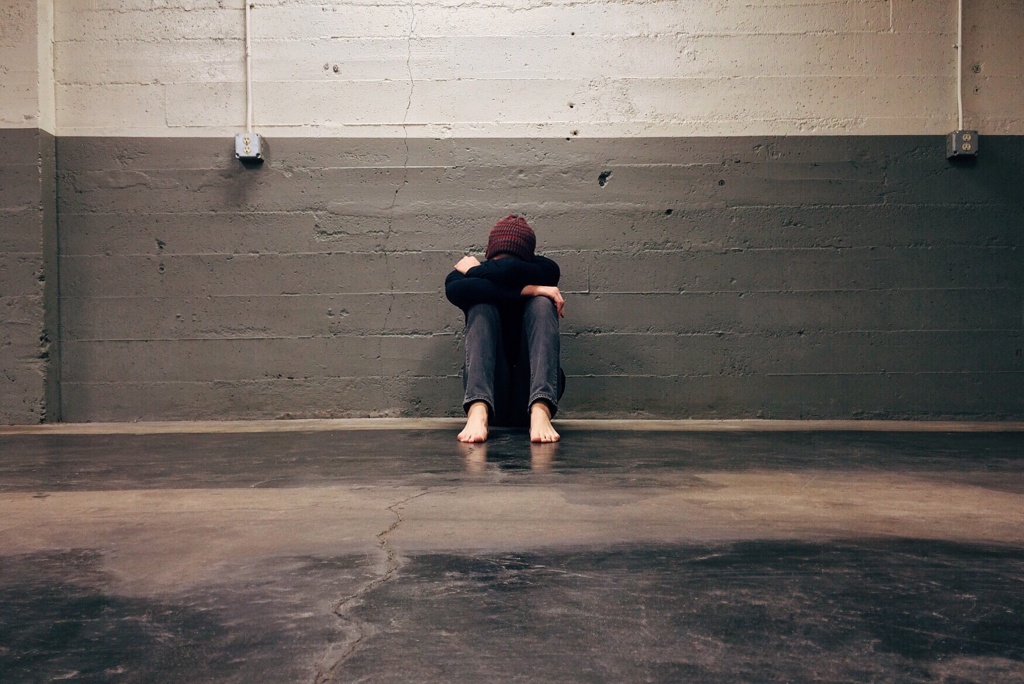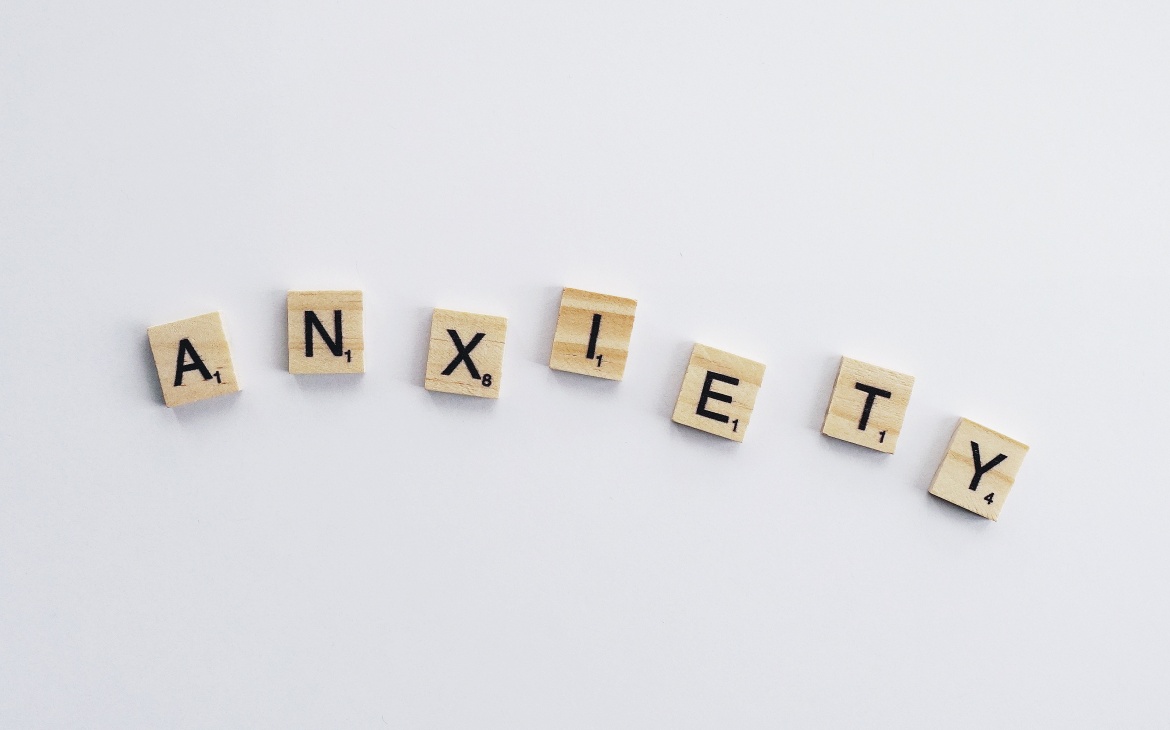As a family trying to navigate how to best help their child deal with anxiety, it can sometimes feel like an uphill battle. Trying to find the right kind of support such as therapy, practical ways to help them manage their symptoms, and in-school supports, can at times feel impossible. Parents can often hear responses such as their child with anxiety is just being “lazy”, “dramatic”, or “too sensitive”. But helping our kids manage and cope with anxiety is not impossible, and sometimes we just need help finding the right tools to help them with this.

We know that platitudes such as “don’t worry” do not work to help an anxious child, but here is what we as caregivers can say and do to help instead.
Sometimes words slide off the tongue so easily without even thinking. This can especially happen when we’re tired and just on auto-pilot, and repeat words to our kids that we’ve heard ourselves. But it is possible to break this habit, and here is how other parents are trying to do so.
Other parents who have been trying to navigate how to best support their kids with anxiety, have brainstormed these impulse phrases that we often say to our kids, but are not helpful. Such phrases that came up were “just be positive”, “it will all work out”, “just breathe”, “are you taking your medicine?”, “Why do you think like that?”, “that’s nothing to worry about”, or “it is what it is”. These responses have been found unhelpful, because, for the person with anxiety, phrases such as these can be dismissive, and even condescending or belittling.
So, what are some helpful responses that we can say? What other parents have suggested is to ask your kids what responses they would find helpful, what they need to hear, and what they don’t. Here are some of the responses other parents have heard from their own kids, for what helps and what doesn’t.

- Try not to fill the silence with words, since anxiety responses can be overwhelming and scary, and too many words can make this louder. Instead, try to lean in and actively listen.
- Try not to panic when the child is panicking. Instead, try to approach them from a point where you feel regulated.
- Try not to assume what the child needs. Instead, try to ask them what they need in that moment, because every person is different. For example, one child may need space when they are having an anxiety response, whereas another may need gentle reminders being told to them, such as “I’m here, you’re safe”.
- Try not to say “just breathe” or anything “just”. Instead, try to gently show them how, and remind them to do deep breathing, triangle breathing, square breathing, or butterfly breathing (breathe in deeply as you open your arms like wings, breathe out as you bring the wings together).
- Also, try not to push them if it is a school task that is provoking the anxiety. Instead, suggest taking a break and trying again tomorrow.
It can be easy to forget that anxiety can feel like fear, which leads to angry outbursts in kids. Compassion, silence, listening, validating emotions and helping them identify emotions can all help.
Additionally, this is what clinicians supporting youth with anxiety have found helpful from their experience:

- Using a calm voice
- Asking permission before any physical contact takes place with the person
- Staying close (for example, sit and wait in the car in case the need to leave in any new social setting)
- Animal therapy (for example petting their soft fur or watching them run around)
- Making a point of recognizing the feeling of anxiety when it begins and not trying to rationalize or “fix” it
- Using distraction when anxiety starts to set in. For example, you could ask the youth to help you do an activity that they usually do on their own and enjoy, since this allows the opportunity to break the self-destructive patterns that follow the anxiety.
An example that a clinician gave of this, was describing how “I asked for her help to make a cheesecake recipe that she often does on her own. She spent the next half hour teaching how it was done and by the end was calm. I kept checking in with her but never asking if she was “ok” because that makes her feel like she’s broken… and she’s not, just different”.
So, why do words matter so much when we’re responding to our kids with anxiety? Because telling someone with anxiety to “be positive, don’t worry and be calm” when worrying is a part of their daily life experience is kind of like saying: “Don’t be you.” Words and actions matter and any person with mental health concerns deserves respect, love, care, support, and dignity. We can all work on how we approach our kids so we can help launch them forward into the future.
References:



